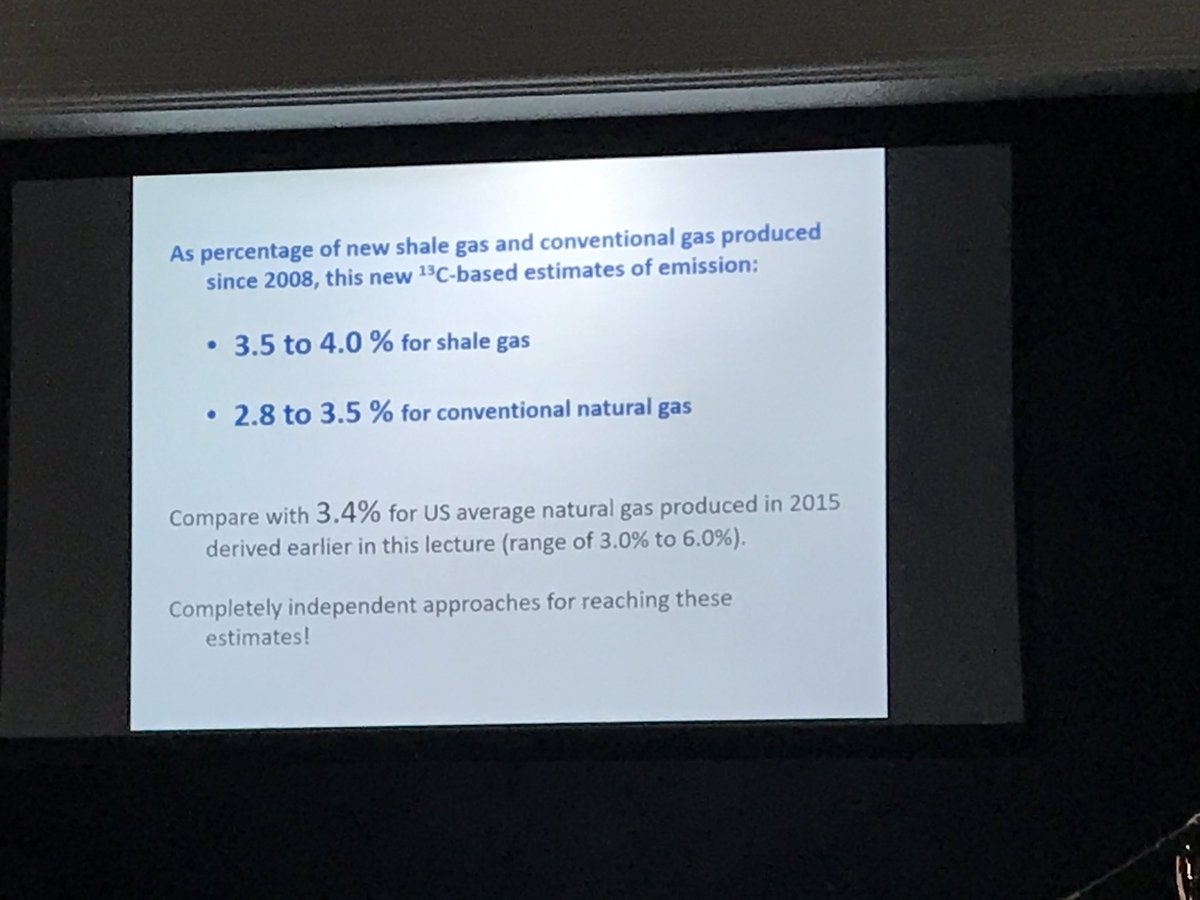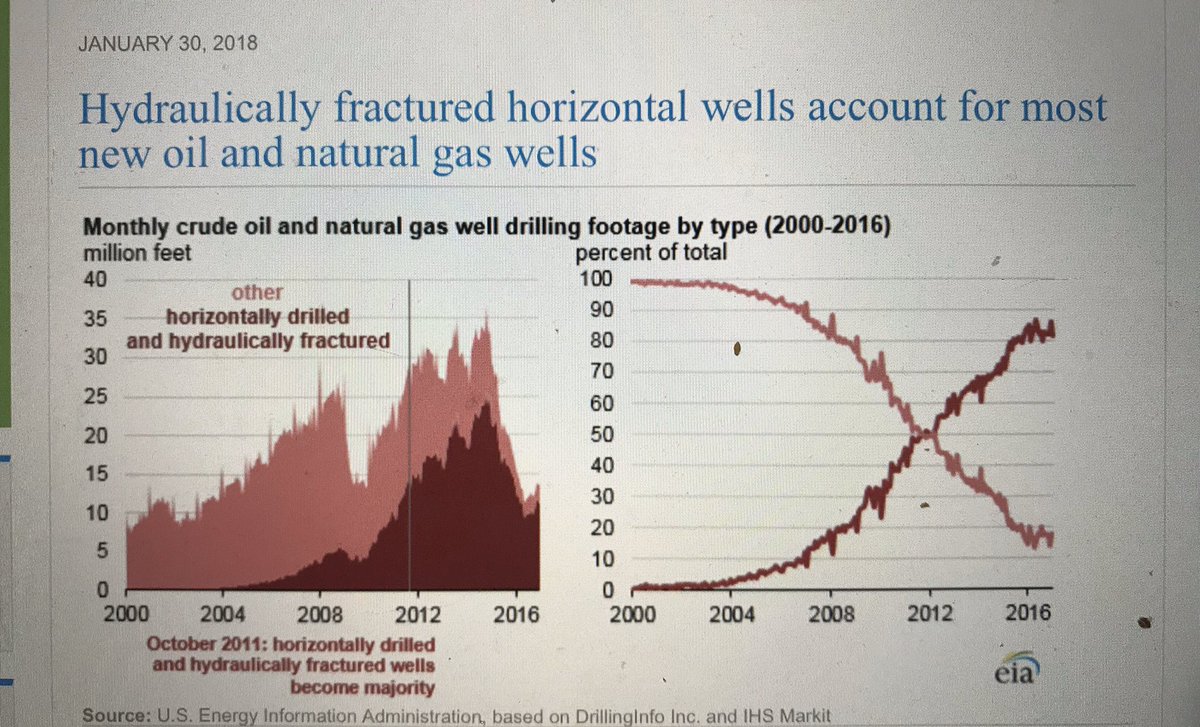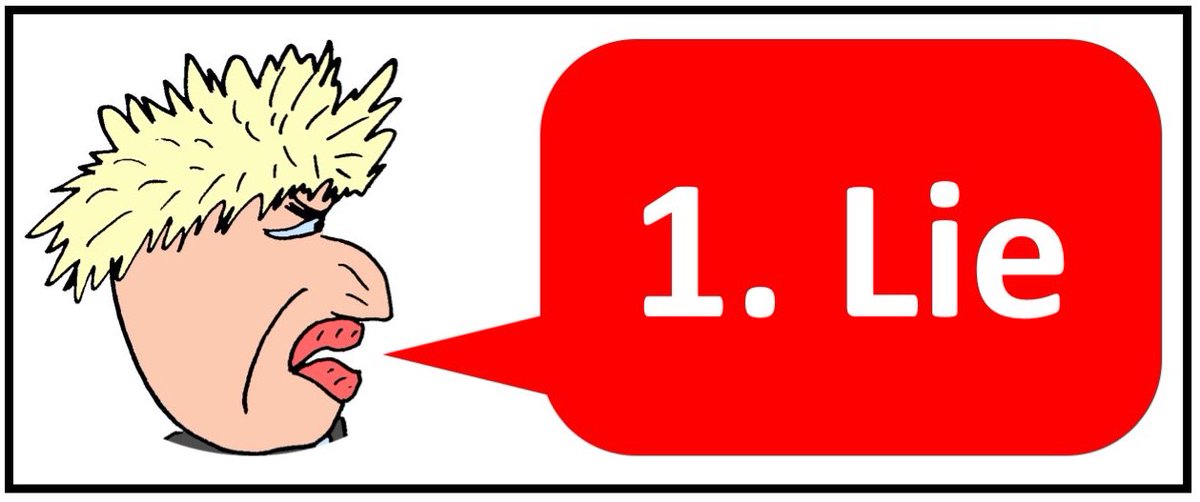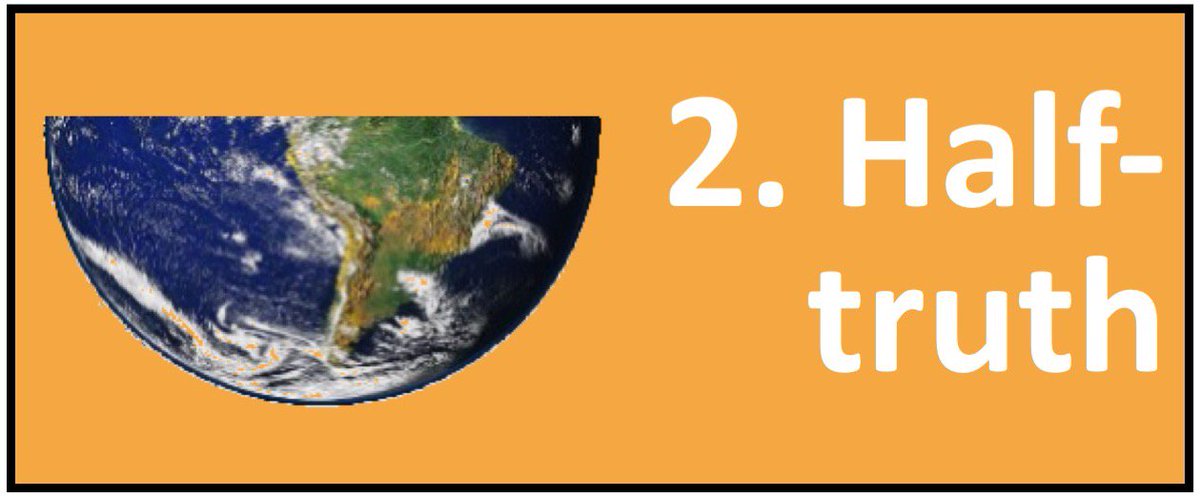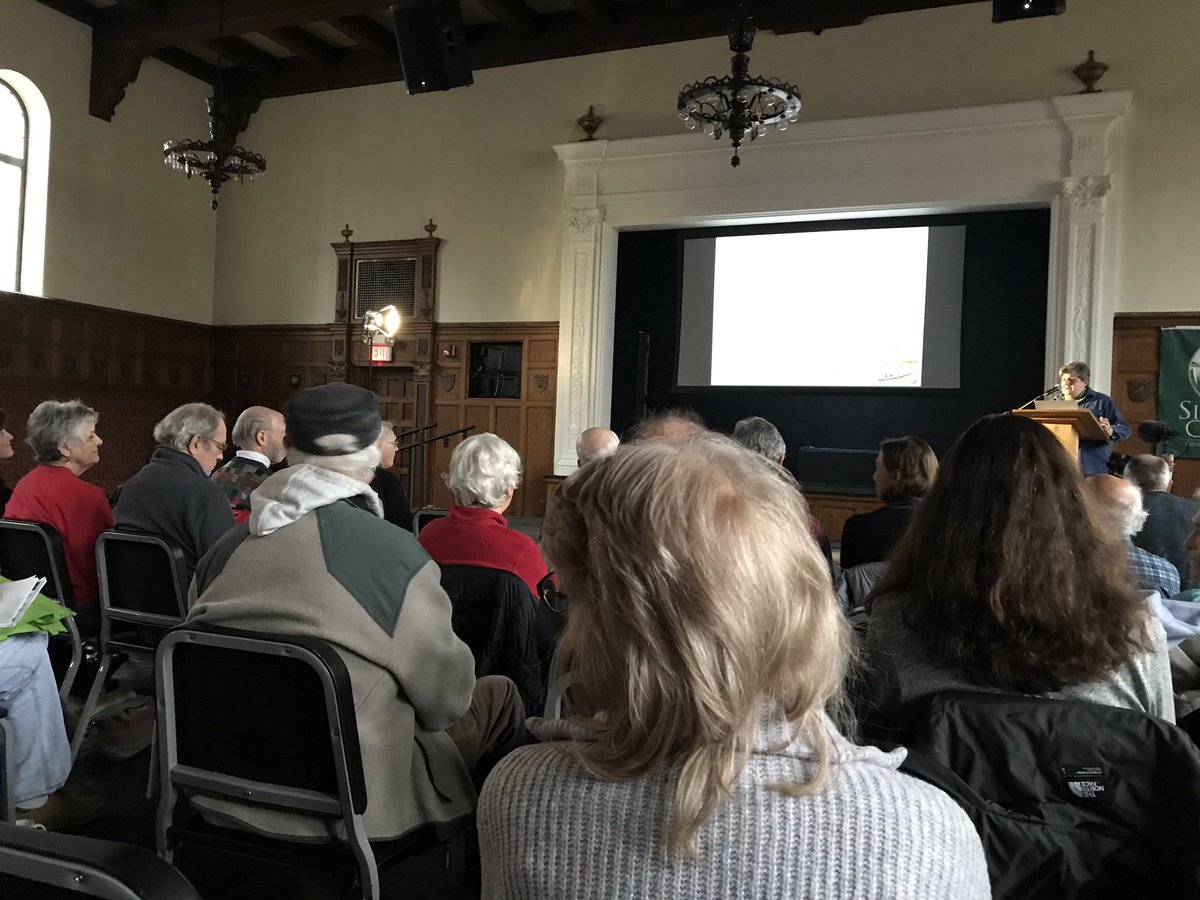
Then a 2017 revaluation that included changes in biomass burning over this same time showed that is was fossil fuels that has been driving the methane emissions upwards.
One Tipping point: the great conveyer belt circulatory system in the ocean slowing down. When oceans made less salty by melting ice caps—> sluggish circulation.

